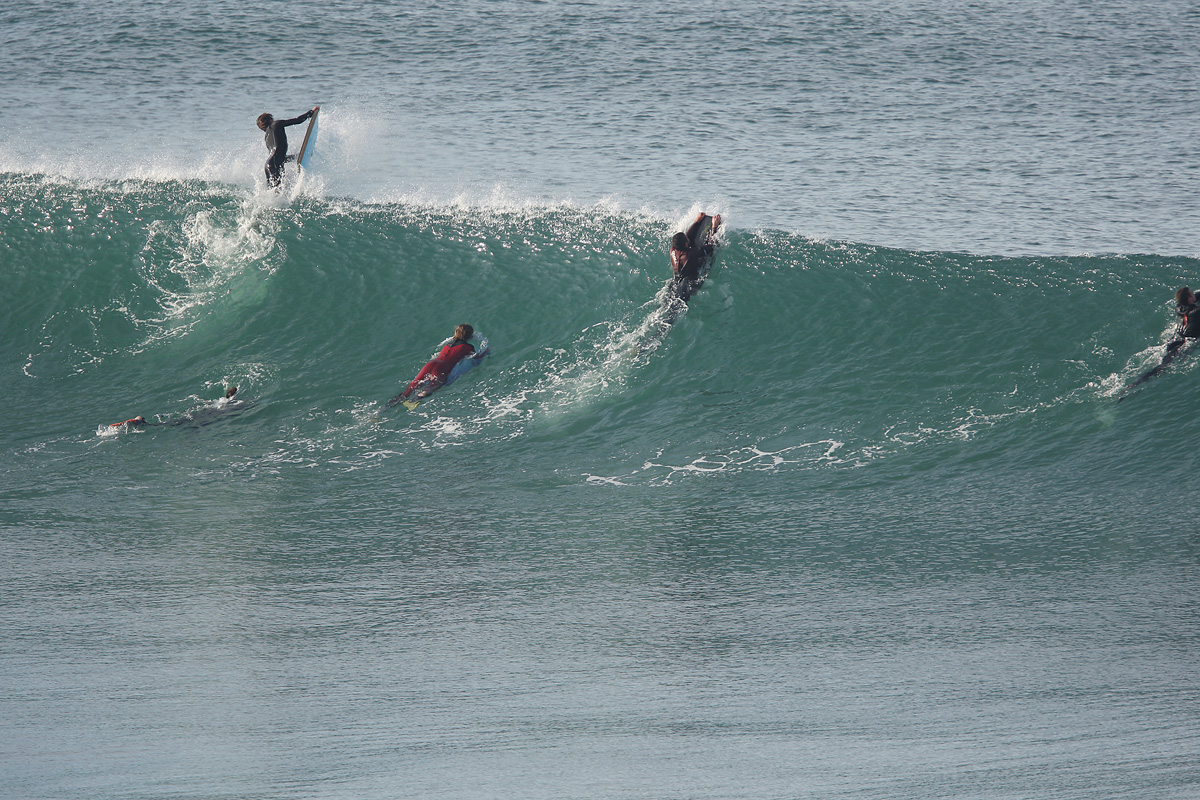SURFERS, paddlers, and other aquatic board and craft riders are being urged to prioritise their safety around water after new research from Life Saving Victoria showed the activities were a leading cause of drownings.
Last summer dozens of incidents involving stranded water users were recorded on the Mornington Peninsula by water rescue operators, including LSV, the SES, water police and the coast guard.
In January, two teenage paddle boarders had to be rescued at Mount Eliza after being blown nearly five kilometres offshore, and a 12-year-old boy at Frankston had to be rescued after he was unable to paddle to shore.
According to the data, men are at particular risk while surfing and aquatic board riding, making up 96 per cent of all related fatal incidents since the year 2000.
LSV manager research and evaluation Dr Hannah Calverley said there were simple but important measures surfers and aquatic board riders could take to keep themselves safe in the lead up to spring.
“Many Victorians will be eager to take advantage of warmer weather after a cold winter, but it is important to remember your skills and fitness may have regressed since your last swim, surf or other aquatic board activity,” Calverley said. “Before you go to the beach or inland waterway to surf, paddle or windsurf, be sure to check the weather, being aware that conditions can change quickly and without warning, and always head out with a friend.
“Historically, a quarter of Victorian drownings occur in spring, making it the second deadliest season after summer, so the risk is very real.”
Surfing Victoria CEO Adam Robertson encouraged beginner surfers and paddleboarders to start with lessons and to know and stick to their limits.
“Surfing and stand up paddleboarding are a fantastic way to enjoy the water, but it’s imperative that you do so safely, and that includes learning from the professionals who can pass on vital safety tips to ensure you make it home,” Robertson said.
“It is important that you are familiar with aquatic risks such as rips and other currents, as well as etiquette, while surfing or paddleboarding. When you’re ready to head out without a guide, surfing with an experienced friend is the safest transition.
“If you find yourself in trouble in the water, stay with your board as it will help to keep you afloat while you wait for help.”
LSV and Surfing Victoria agreed that swimming regularly throughout the year was key to maintaining aquatic skills and fitness, and could improve safety outcomes for surfers, paddlers and other aquatic board riders while recreating in the water.
Surfing Victoria also encouraged surfers to get trained up in CPR and board rescue skills through the Surfers Rescue 24/7 program at surfingvic.com/surfersrescue247

